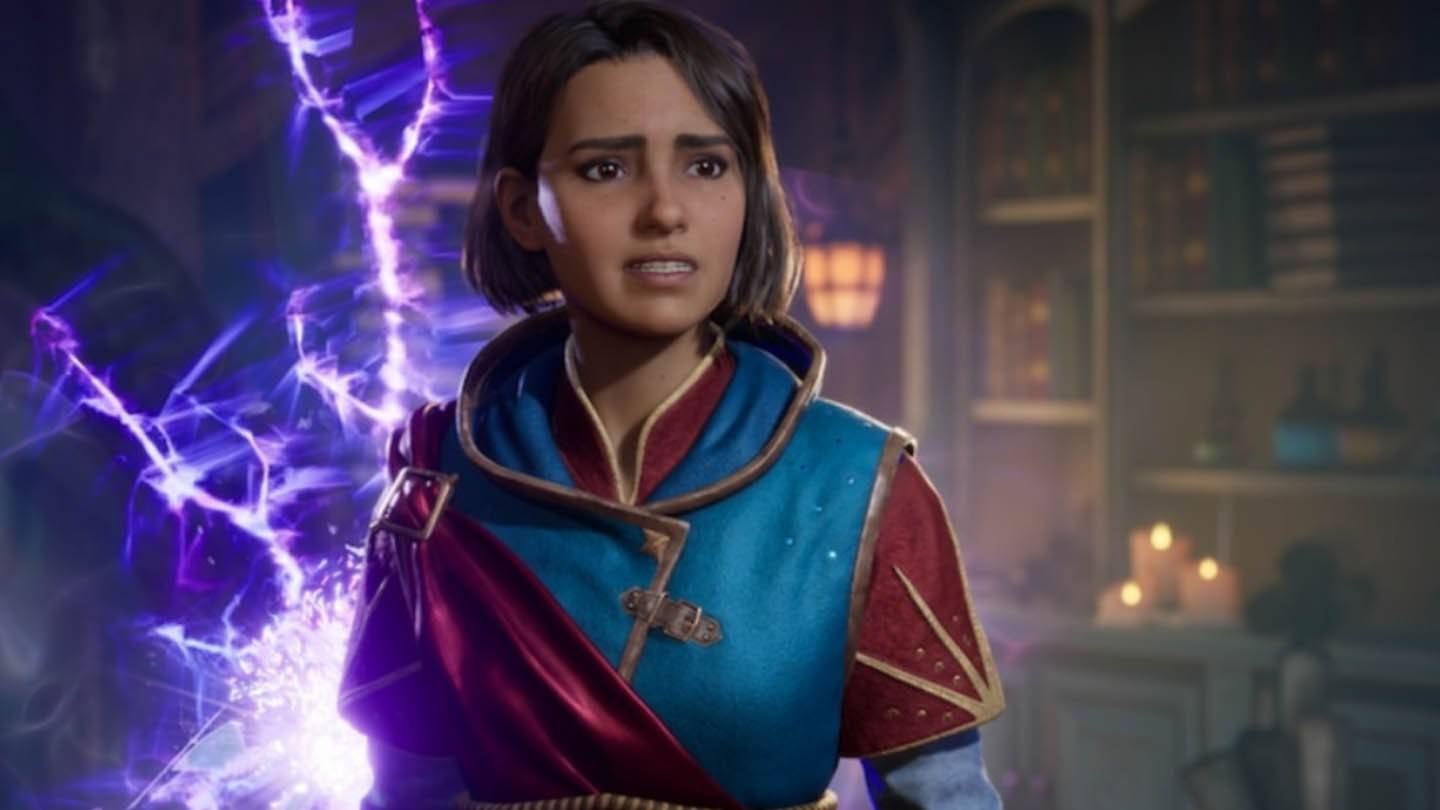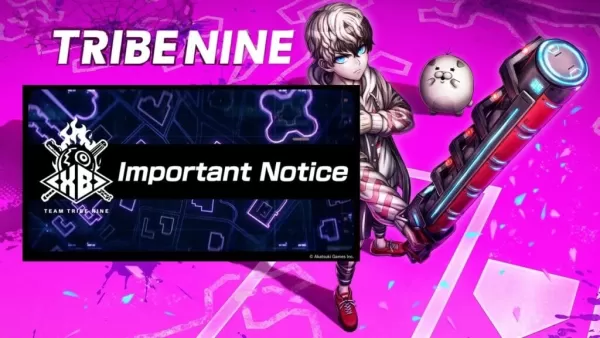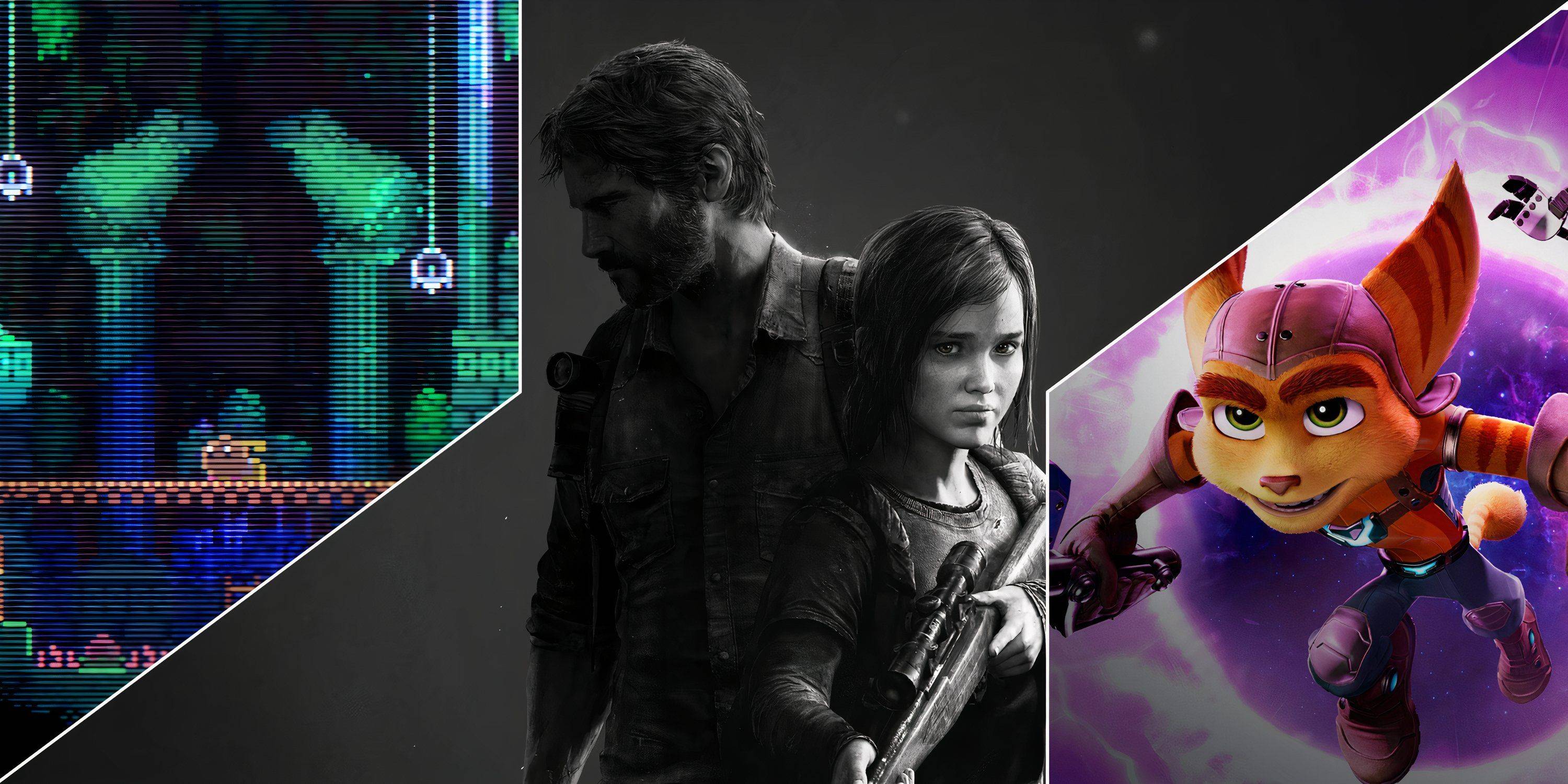
The eagerly awaited cooperative adventure game, Split Fiction, crafted by the visionary behind It Takes Two, has unfortunately succumbed to piracy shortly after its debut on March 6, 2025. Launched across various platforms, including PC via Steam, the game quickly drew the eyes of both eager players and tech-savvy pirates.
Despite garnering critical acclaim and glowing early reviews on Steam, Split Fiction was rapidly compromised by hackers exploiting the absence of strong DRM (Digital Rights Management) protection. Notably, Electronic Arts chose not to employ Denuvo, a popular anti-tamper technology, making the game more susceptible to unauthorized access.
The decision to forgo Denuvo made it considerably easier for hackers to circumvent security measures and share the game on piracy sites. Mere days after its launch, unauthorized copies of Split Fiction started appearing online, enabling users to experience the game without purchasing it.
This incident underscores the persistent struggles developers encounter in safeguarding their games from piracy while striving to maintain player accessibility and optimal performance. Many gamers appreciate the absence of intrusive DRM systems like Denuvo, but this also leaves games more vulnerable to piracy soon after release.
Created by the mastermind behind It Takes Two, Split Fiction has been lauded by critics for its groundbreaking cooperative mechanics, compelling narrative, and stunning visuals. Early player feedback on Steam echoes this sentiment, with many considering the game a fitting follow-up to Josef Fares' earlier success.
The game offers players a distinctive cooperative adventure, seamlessly integrating ingenious puzzles, touching story elements, and dynamic gameplay. Its popularity among legitimate buyers highlights the potential negative impact of piracy on sales and the developer's earnings.
The choice to exclude Denuvo protection from Split Fiction has reignited debates about the necessity of DRM in contemporary gaming. While some contend that DRM can hamper game performance and alienate legitimate players, others view it as a crucial safeguard against piracy.
In Split Fiction's case, the absence of DRM may have facilitated its swift compromise, prompting questions about whether Electronic Arts underestimated the agility of hackers. This situation serves as a poignant reminder of the delicate balance between protecting intellectual property and ensuring a seamless gaming experience for all users.
 Home
Home  Navigation
Navigation






 Latest Articles
Latest Articles










 Latest Games
Latest Games




![Chubby Story [v1.4.2] (Localizations)](https://imgs.xddxz.com/uploads/85/1719638042667f981a5e9f8.jpg)

![Zia – New Version 0.4 [Studio Zia]](https://imgs.xddxz.com/uploads/47/1719569268667e8b74e6004.jpg)




